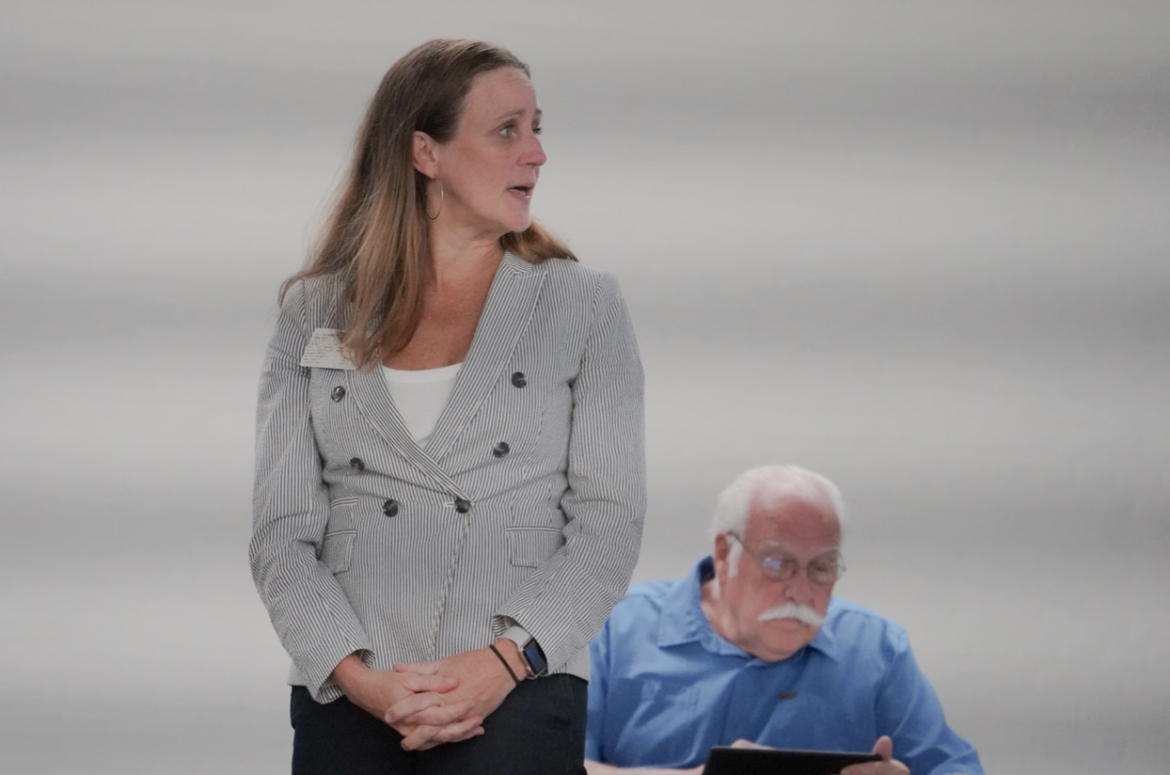LANSING, Mich.—Ingham County ISD heard a presentation from the Early On program at their April meeting, which also happens to be National Month of the Young Child.
The Early On program works with children ages three and under with developmental disabilities and other situations impacting their learning. The presentation included a video following service providers into three different homes working with babies and toddlers on physical and fine motor skills.
Director of Special Education (birth to three years) Emily Brewer said the need for their services is growing.
“We serve all of Ingham County, and we get a little over 1000 referrals every year. That’s been up. We’re actually experiencing about a 15% increase in the past four months, which we think is post-pandemic related,” Brewer said.
Early On is currently serving 548 families, which has increased from their usual yearly average of closer to 500. Their goal is to provide any service a child could need, which Director of Special Education (birth to three years) Michelle Sabo said specified includes a lot of different people.
“We supervise occupational therapists, physical therapists, speech therapists, special education teachers, early interventionists, school psychologists, social workers,” Sabo said.
“Developmental delays aren’t always isolated, so that way they can get support from anyone that they need to help with coaching strategies for their child.”
The services are free to families and funded partly through the Michigan Department of Education and through the Individuals with Disabilities Education Act.
The family being by the child’s side through sessions is an important step in the Early On program for support after the professionals leave their house.
“The way we approach our services is to give the caregiver the tools so that they can do those things, day in and day out. Because one thing that we know is if we come in for an hour a week, it’s not going to help the child much at all,” Brewer said, “But if the family learns the strategies, and they do it every day, several times a day, that’s what’s going to make the child develop and catch up.”
The birth-to-three range holds significance as well. Sabo said that 90% of brain development happens before the age of five, so improving behaviors early is important.
“If we can intervene early and give the families the strategies, it will help reduce costs as they go through their education,” Brewer said. “Our goal is that they won’t need the extra support, or they’ll need much less extra support because we’ve intervened when their brain is so actively growing.”
